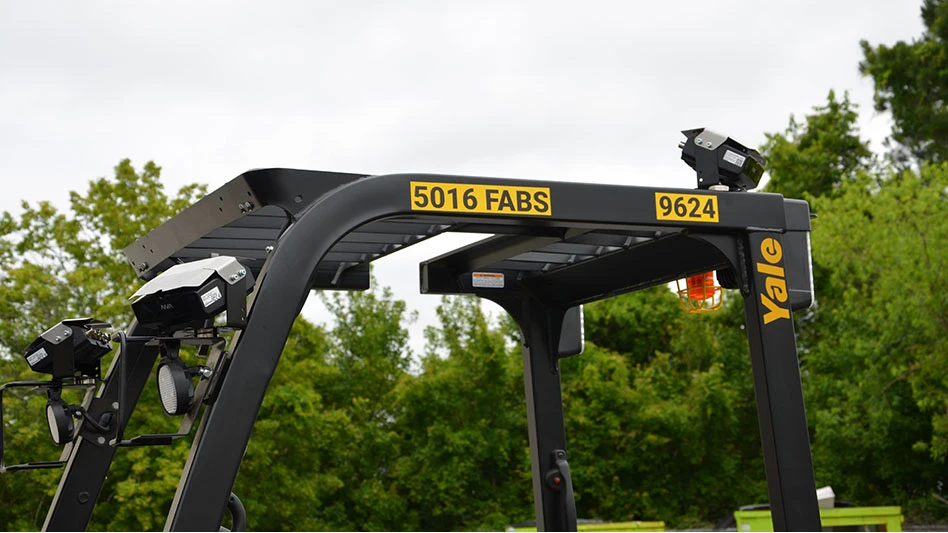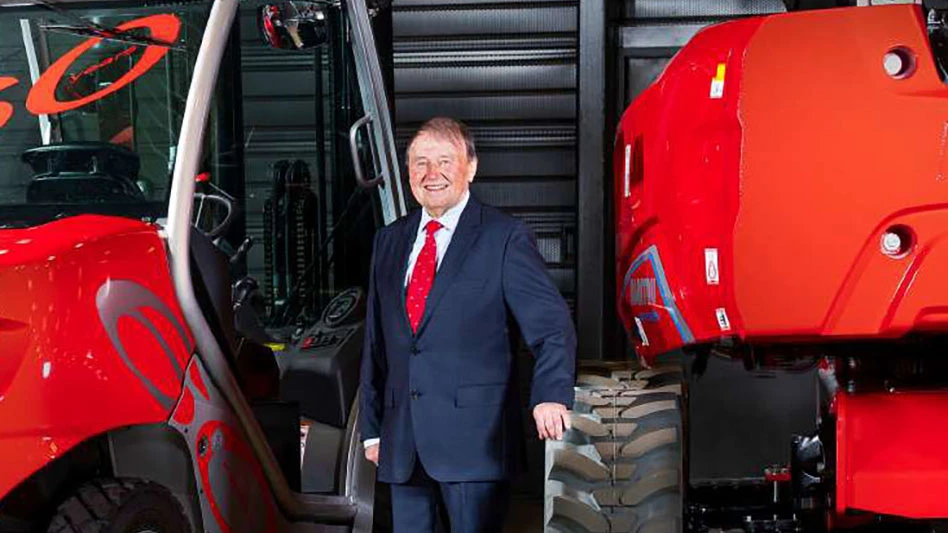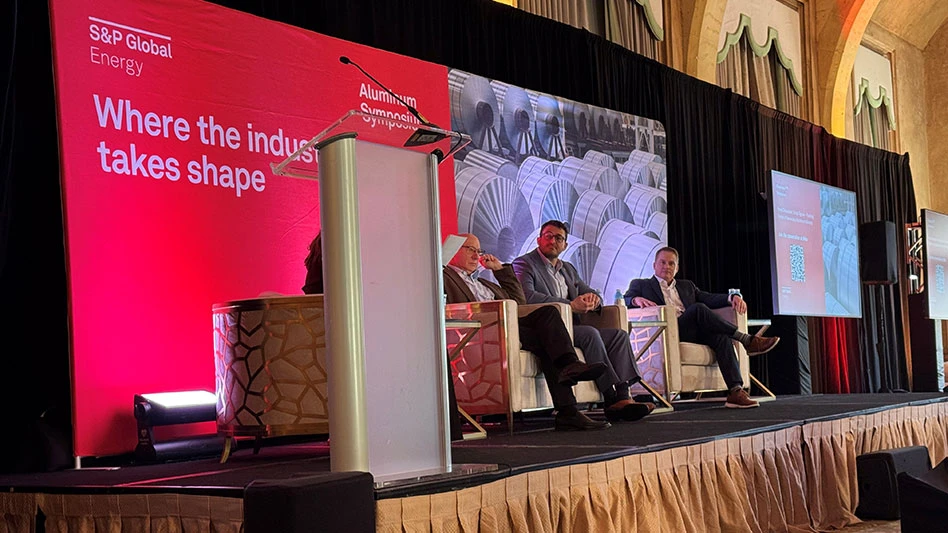
Photo courtesy of Saarstahl
German steelmaker Saarstahl AG has announced that its French subsidiary Saarstahl Rail and SNCF Réseau have signed a contract that will see Saarstahl supply recycled-content steel rails to the French national railway company.
The contract has a term of up to six years and a total value of more than 1 billion euros ($1.04 billion).
The steelmaker says its Saarstahl Rail business unit is the only rolling mill in Europe to offer CO2-reduced rails. The rails are made with metal produced in a recycled steel-fed electric arc furnace (EAF) at the Saarstahl Ascoval mill in Saint Saulve, France.
“We are extremely pleased that we were able to fully convince SNCF Réseau of our high quality and of the environmental friendliness of our products,” says Dr. Nadine Artelt, president of Saarstahl Rail and Saarstahl Ascoval.
“The contract guarantees almost 1,000 direct jobs at both company locations, which will significantly strengthen the local labor markets. The partnership with SNCF Réseau also enables us to make new investments in Saint-Saulve and Hayange, allowing us to strengthen both companies and ensure they are future ready.”
According to Saarstahl Rail, its recycled-content EAF process cuts CO2 emissions by up to 70 percent compared with the blast furnace/basic oxygen furnace production method, which use iron ore and coal as raw materials.
“The Saarstahl Group stands for innovation and sustainability in addition to a high level of customer focus,” says Stefan Rauber, chairman of the board of management of Saarstahl.
Based on the SNCF Réseau contract, annual carbon emissions can be reduced by 200,000 tons using Saarstahl rails compared with some alternatives. With a contract term of six years, this corresponds to savings of more than 1 million metric tons of CO₂ emissions.
“The major order from SNCF Réseau shows that we have established ourselves as a trailblazer and trustworthy partner on the market for the production of decarbonized steel," says Jonathan Weber, another member of the board of management. "We are delighted that our products are contributing to the environmentally friendly expansion of the French rail network, and that SNCF Réseau can use the products to implement its decarbonization strategy more effectively.”
Latest from Recycling Today
- RecycleNation helps people find nearby recycling facilities
- Cyclyx International to be restructured
- Fornnax appoints new sales partner in Germany
- S&P Global Energy Aluminum Symposium 2026: EGA America exec talks about the company’s growth in the US
- EPRC announces European Paper Recycling Awards winner
- Super Bowl LX will implement reusable cup program, AI recycling systems
- ArcelorMittal finishes 2025 with profitable quarter
- Aurubis earnings drop in late 2025





